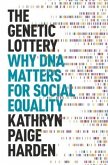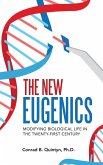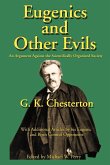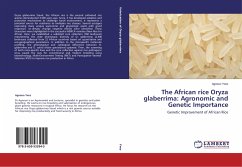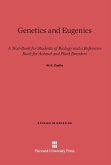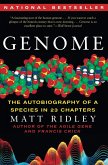The eugenics movement which emerged in Europe and the United States around the turn of the last century was rooted in assumptions about the existence of distinct biological races, with Anglo-Saxon societies as the civilizing bedrock of modernity. Supporters of eugenics advocated policies of segregation and apartheid in order to protect the well-born from contamination. Its leaders believed that a variety of social successes (wealth, political leadership, intellectual discoveries) and social problems (poverty, illegitimacy, crime, mental illness, and unemployment) could be traced to inherited, biological attributes associated with racial temperament . Is there any other conclusion, asked a popular 1926 textbook, that the Negro lacks in his germ plasm excellence of qualities which the white race possesses, and which are essential for success in competition with the white races at the present day. Eugenics, not surprisingly, targeted the traditional victims of racism-Jews, Gypsies, Blacks/African Americans, Indians and other minorities, especially in rural areas, on ground that they constituted a distinct and degenerate racial typology.
Bitte wählen Sie Ihr Anliegen aus.
Rechnungen
Retourenschein anfordern
Bestellstatus
Storno


